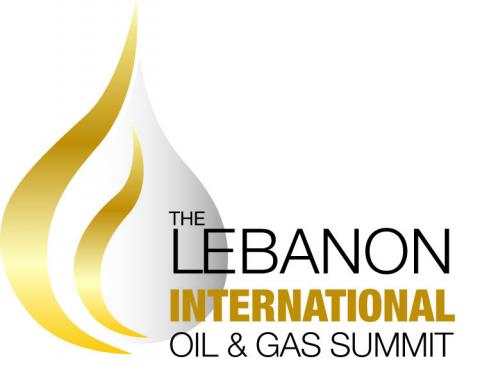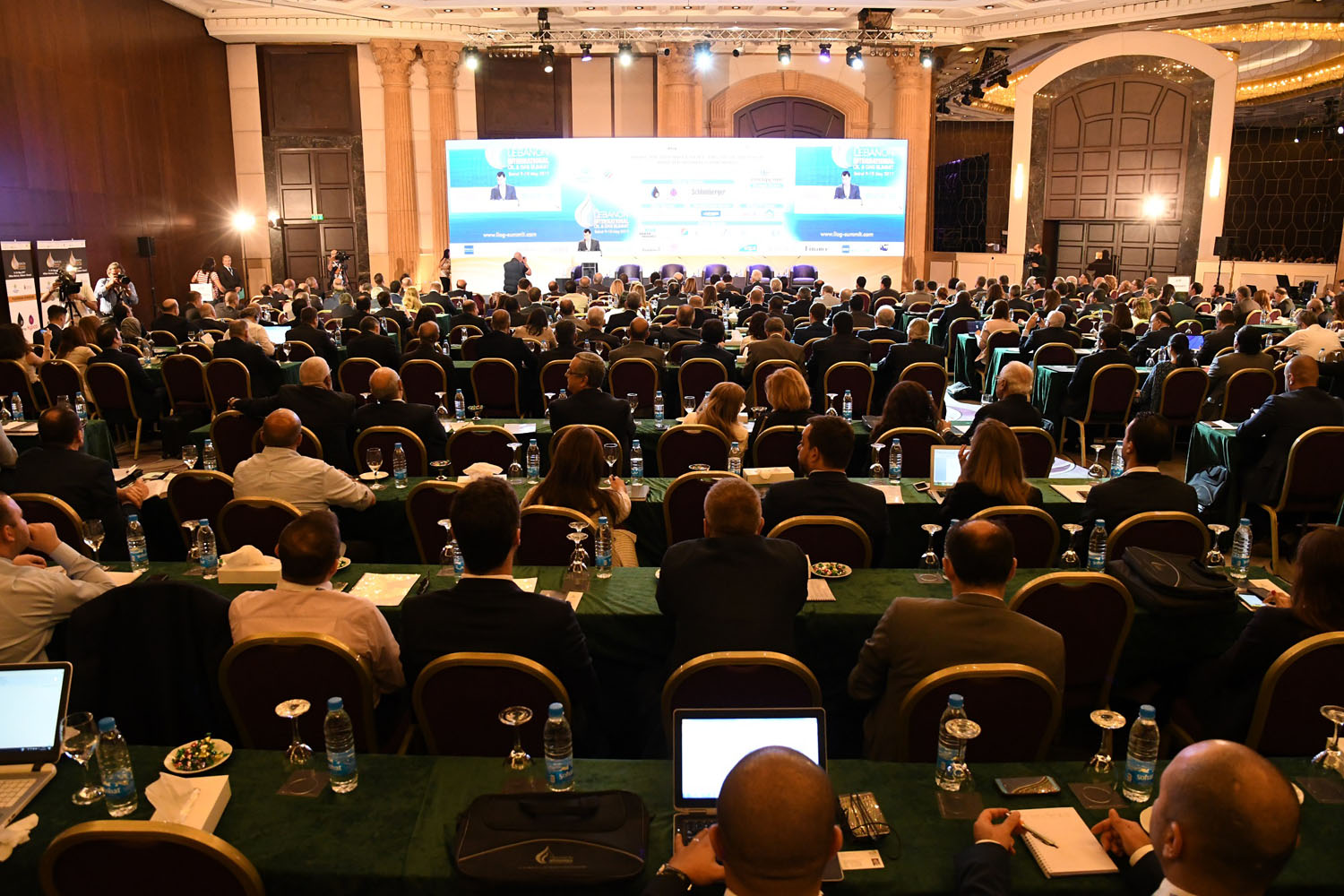
The 3rd Lebanon International Oil and Gas Summit (LIOG 2017), which took place at the Hilton Habtoor Grand Hotel Beirut May 9 and 10 concluded successfully with record participation and business activities, insightful discussions, and valuable recommendations.
The LIOG 2017 Summit in its third edition was held under the patronage of HE Engineer Cesar Abi-Khalil, Lebanon’s minister of energy and water, who inaugurated the summit. It was organized in cooperation with the Lebanese Petroleum Administration.
The Summit consolidated its position as a leading oil and gas event in Lebanon. It hosted over 300 registered participants from around the world, including top-officials from the public and private sectors, representing over 150 local and international companies and organizations.
According to the organizers, LIOG 2017 proved to be a real platform not only for exchanging thoughts and networking, but also for holding actual business meetings.
Statistics show that over 62 booked one-to-one business meetings were organized on the premises through the conference’s business matching service, apart from the regular meetings which occur through normal networking.
“We believe this is a major driver to boost business activities throughout the oil and gas value chain, and to highlight the potential for economic growth and job creation in Lebanon,” said Dory Renno, Managing Director Planners and Partners S.A.L., one of the two event’s organizing companies, along with the UK-based Global Events Partners.
“After all this fits with the main objective of the summit which is to maximize the contribution of this sector to the Lebanon’s economic growth and job creation; and to re-position Lebanon on the world’s oil and gas map; all within a platform that encourage decent and transparent business and investment activities in our country,” Renno added.
Inspiring discussions
Nearly 30 speakers discussed different subjects related to almost all the aspects of the petroleum sector in Lebanon and the region within seven insightful sessions.
The sessions were structured around three main themes including:
- Lebanon’s current position in the East Mediterranean petroleum sector
- Impacts of international market conditions, and regional geopolitics
- Re-instating Lebanon as an attractive destination for oil and gas investments
A unique discussion panel discussed Lebanon’s proposed petroleum tax and transparency laws, with the participation of HE MP Joseph Maalouf, who proposed the Petroleum Transparency Law in the Lebanese parliament.
This panel was seen as the perfect opening for the following sessions which discussed a variety of business-related factors that make Lebanon a favorable destination for oil and gas investments.
Speakers particularly highlighted the importance of the efforts invested by the Lebanese Petroleum Administration and the Ministry of Energy and Water. They agreed that those efforts have been translated in developing the proper frameworks to kick start the sector.
Strategic Recommendations
The closing remarks and recommendations of the summit included:
- Calling on all stakeholders, including national authorities and international oil companies (IOC), to work in an integrated manner with engineering, structural, regulatory, legal and financial service providers to properly develop the sector.
- Benefiting from business and investment opportunities associated with the petroleum sector, particularly in the area of services, to meet the operational needs of the operators.
- Consolidating the existing favorable investment climate in Lebanon and working on improving it further, particularly in terms of stability and administrative practices, to encourage foreign and domestic investment in the sector.
- Focusing on the opportunities offered by the oil and gas sector, especially in terms of the proposed projects.
- Accelerating the process of adopting transparency and taxation laws, given their importance to creating an investment friendly environment.
- Initiating focused awareness campaigns on the challenges and technical difficulties of the sector especially with the misconceptions with the Lebanese public opinion.
- Promoting opportunities to small and medium-sized enterprises and highlighting their contribution to the national economy; particularly with Lebanon’s deep-rooted entrepreneurial culture.
- Promoting the opportunities for the Lebanese banking sector as a major player in the heart of the petroleum sector and its peripheral supply chain.
- Encouraging Lebanese insurance companies to help mitigate business and operational risks to businesses operating within the petroleum sector.
- Supporting national universities and vocational schools in their existing programs to meet an expected increase in demand on human resources.
- Encouraging a safety culture not only in oil and gas sector but throughout the country
Categories
- Log in to post comments
